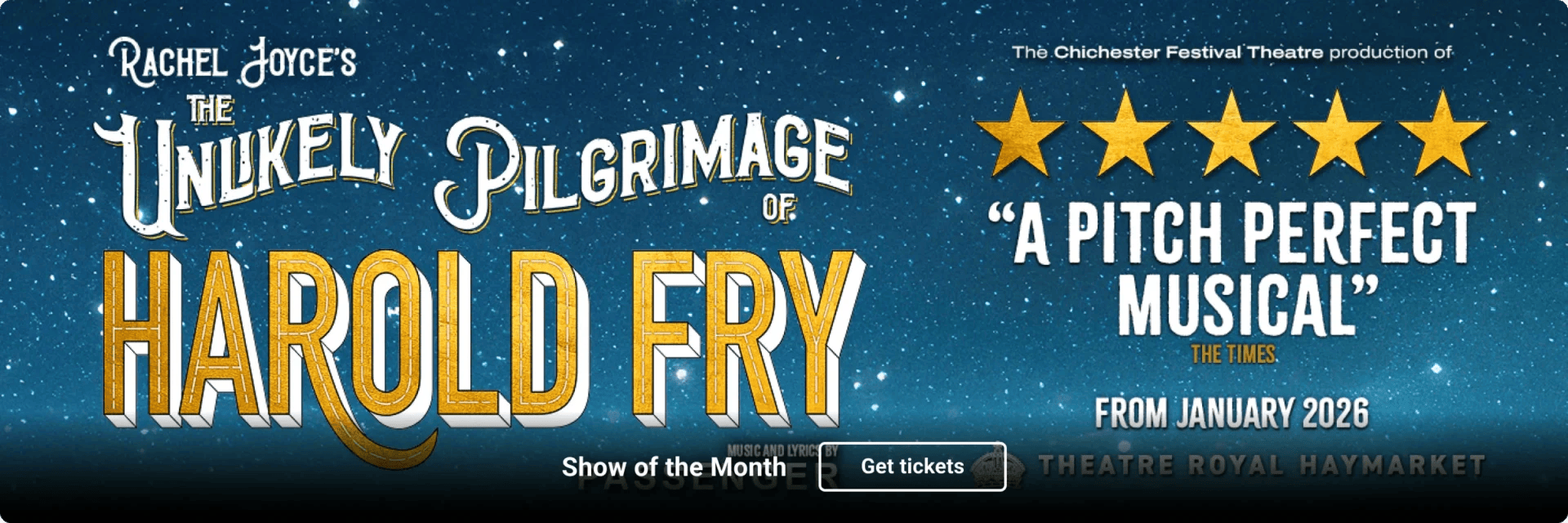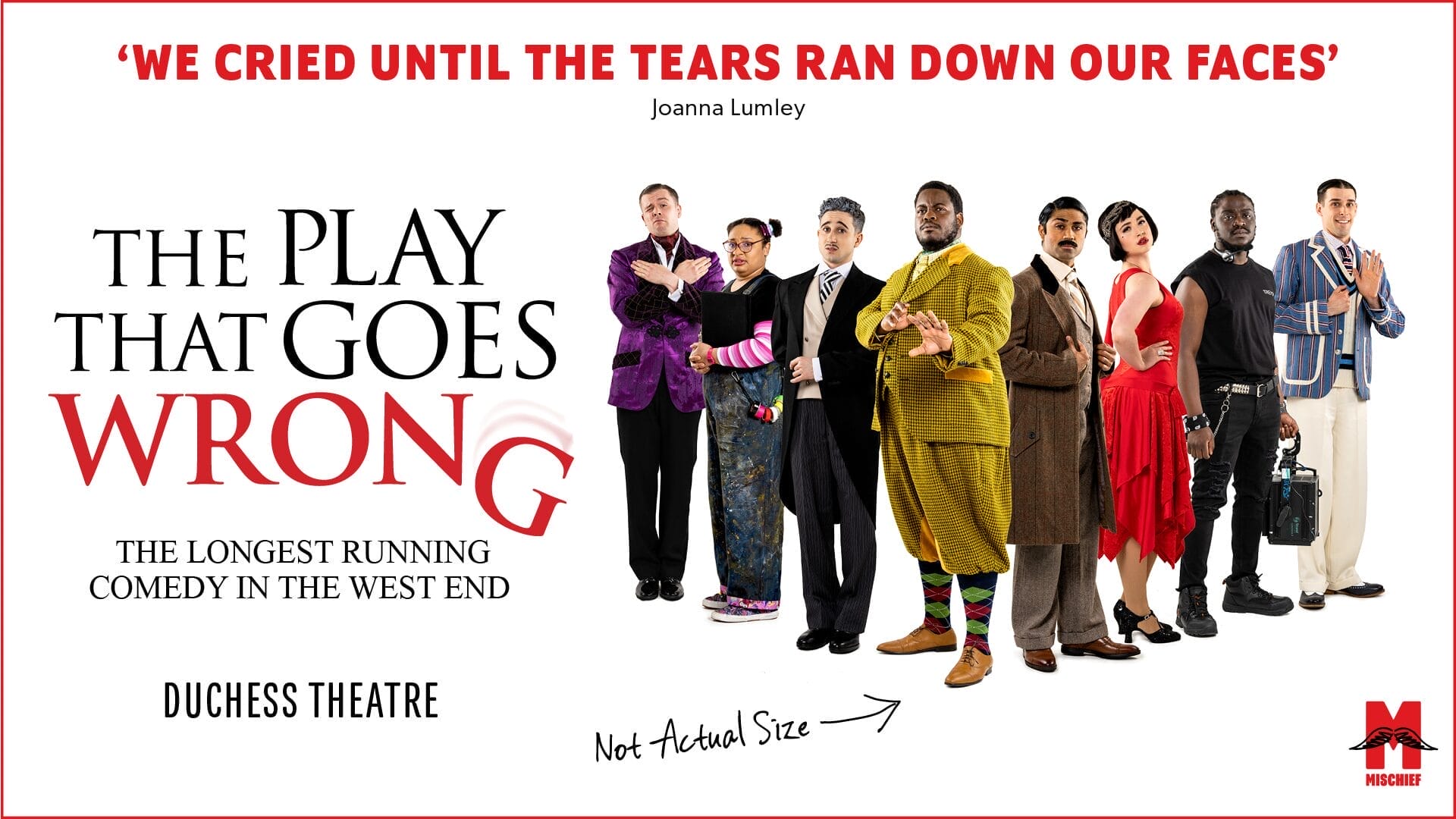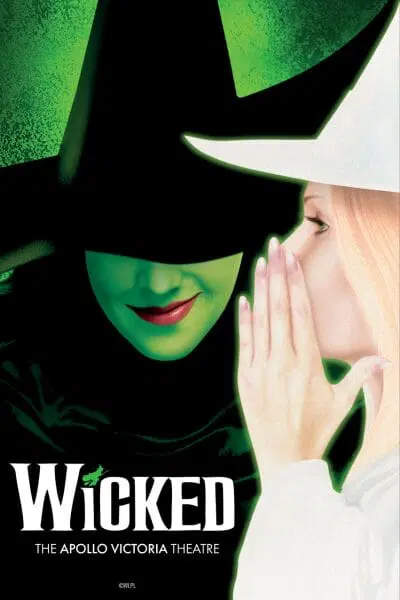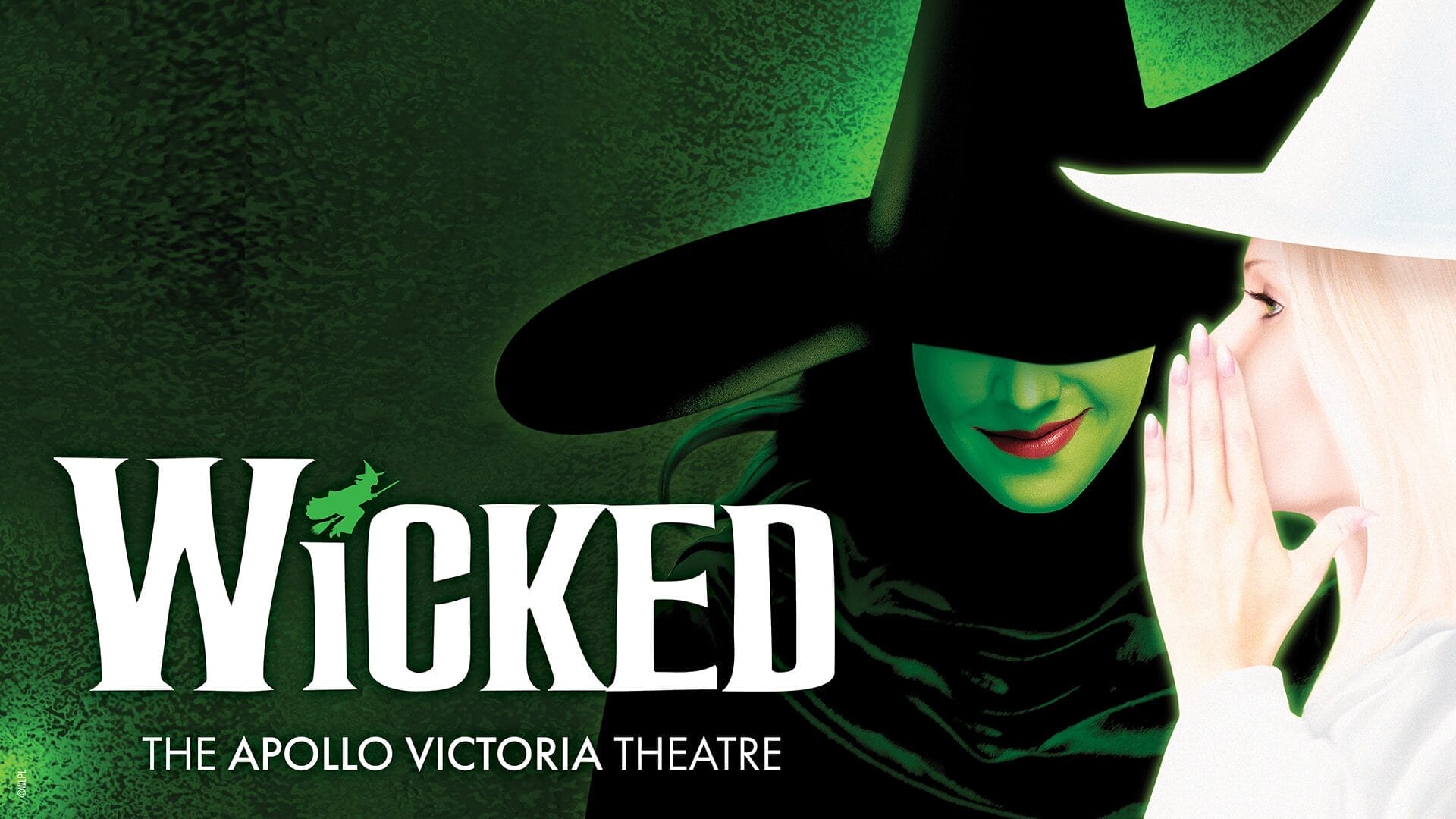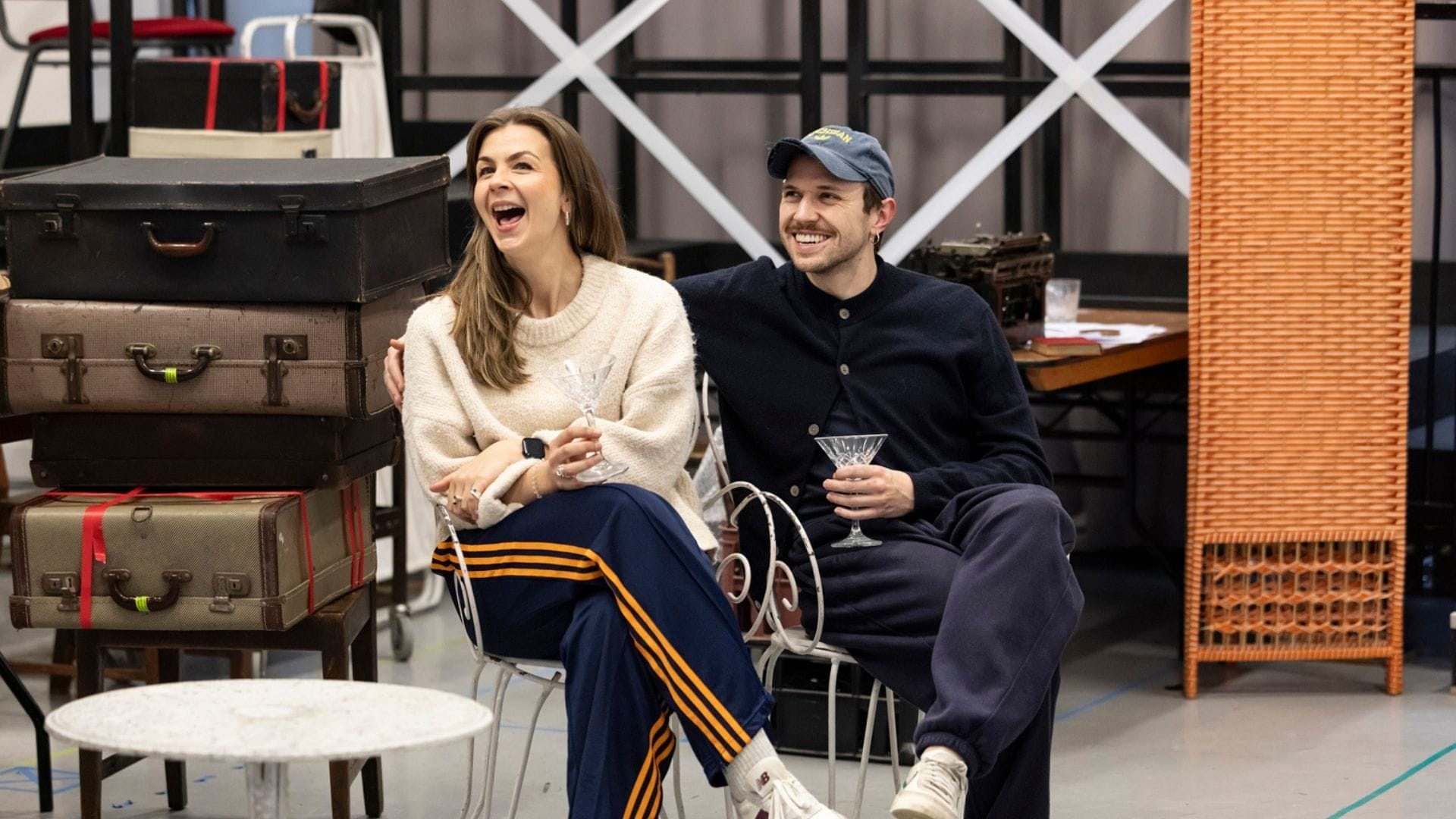 You know when you’re on the Piccadilly Line and the trains have to run slow to regulate the service? That bit between Leicester Square and Covent Garden feels like it’s taking hours, because you know the distance could be covered so much more quickly. That’s what it’s like watching David Adjmi’s Stereophonic, which arrives in the West End with considerable fanfare, following a lauded Broadway run and a clutch of Tony Awards. Despite its pedigree and moments of brilliance, this production at the Duke of York’s Theatre doesn’t quite hit all the right notes.
You know when you’re on the Piccadilly Line and the trains have to run slow to regulate the service? That bit between Leicester Square and Covent Garden feels like it’s taking hours, because you know the distance could be covered so much more quickly. That’s what it’s like watching David Adjmi’s Stereophonic, which arrives in the West End with considerable fanfare, following a lauded Broadway run and a clutch of Tony Awards. Despite its pedigree and moments of brilliance, this production at the Duke of York’s Theatre doesn’t quite hit all the right notes.
Set in a 1976 recording studio, Stereophonic invites the audience into the painstaking, often fractious process of a rock band on the brink of stardom. It’s a compelling premise, and Adjmi’s script is at its best when it leans into the claustrophobic tension of creative collaboration. The dialogue is naturalistic to a fault, so much so that it occasionally drifts into tedium. Scenes stretch languidly, and while this is definitely an intentional echo of the slow grind of studio work, it risks testing the audience’s patience.
The thrust of the drama comes from the fact that the characters feel trapped, and the script effectively recreates this for the audience. The frustration, anger and confusion felt by our protagonists are mirrored for us. It’s clever, but the jury is out on whether it’s an enjoyable night of theatre.
The cast, a mix of Broadway originals and UK talent, deliver committed performances. Lucy Karczewski brings a magnetic presence to Diana, the band’s mercurial frontwoman, while Jack Riddiford’s Peter simmers with quiet resentment. Zachary Hart, Nia Towle and Chris Stack round out the band with solid turns, though their characters feel somewhat underwritten. The standout, however, is Eli Gelb as Grover, the neurotic sound engineer whose dry wit and mounting exasperation provide much-needed levity, especially when paired with Andrew R Butler’s Charlie.
Musically, the show is impressive. Will Butler’s beautiful original score is evocative of the era without descending into pastiche, and the live performances by the actor-musicians are genuinely thrilling. The song “Masquerade” is a particular highlight, capturing the band’s potential and the emotional stakes of their creative struggle. While we have to accept this is a play with music rather than a musical, given the strength of the material, more music would not have gone amiss.
Visually, the production, directed by Daniel Aukin, is sleek and immersive. David Zinn’s set design convincingly recreates the recording studio environment, complete with period-accurate clutter and soundproofing. Ryan Rumery’s sound design is, unsurprisingly, top-tier; every mic crackle and tape hiss feels authentic.
Yet for all its technical prowess, Stereophonic struggles to justify its over three-hour runtime. The play’s fly-on-the-wall realism, while admirable, often comes at the expense of narrative momentum. There’s a sense that we’re watching a band rehearse rather than a story unfold. The emotional arcs, particularly the interpersonal tensions within the group, are hinted at more than fully explored.
In the end, Stereophonic is a fascinating, if flawed, meditation on the creative process. It captures the chaos and beauty of making art under pressure, but its commitment to realism sometimes mutes its dramatic impact. For fans of 70s rock and behind-the-scenes drama, it’s worth a look, but don’t expect a chart-topping hit.

